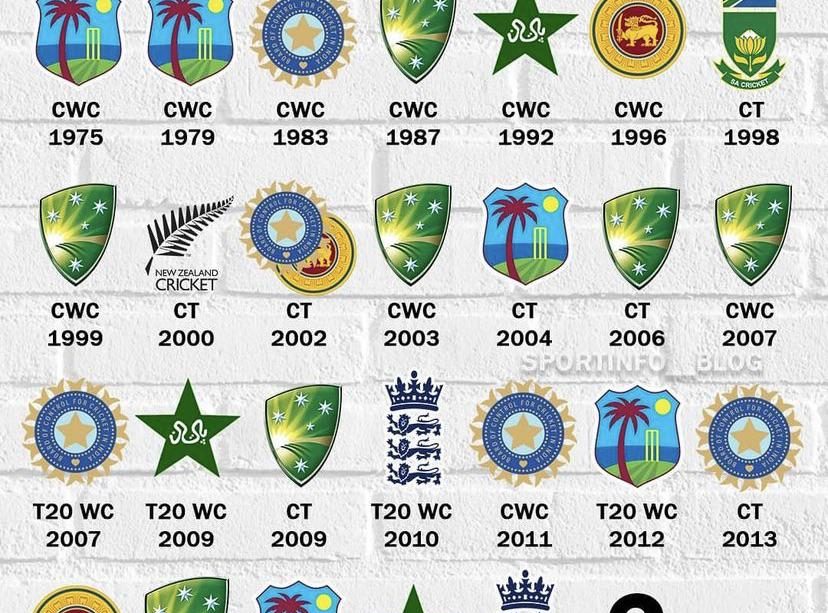ICC Champions Trophy Winners List: A Comprehensive Overview

Introduction
The ICC Champions Trophy is one of the most prestigious tournaments in international cricket, featuring the top teams from around the globe. Since its inception, it has served as a platform to showcase exceptional talent and thrilling matches. Understanding the winners of this tournament is essential for cricket enthusiasts and historians alike, as it highlights the evolving competitive landscape of the sport.
History of the ICC Champions Trophy
The tournament was first held in 1998 in Dhaka, Bangladesh, under the name ‘ICC KnockOut.’ This format was a single-elimination event featuring all Test-playing nations at the time. The event was later rebranded as the ICC Champions Trophy in 2002, adopting a more structured format featuring a round-robin stage followed by knockout rounds. Since then, the tournament has taken place approximately every two to four years, with various countries hosting it.
Winners List
| Year | Winner | Runner-Up | Location |
|---|---|---|---|
| 1998 | South Africa | West Indies | Bangladesh |
| 2000 | New Zealand | India | Kenya |
| 2002 | India | England | England |
| 2004 | West Indies | England | England |
| 2006 | Australia | West Indies | India |
| 2009 | Pakistan | Sri Lanka | South Africa |
| 2013 | India | England | England |
| 2017 | Pakistan | India | England |
Conclusion
The ICC Champions Trophy winners list not only portrays the winners but also reflects the cricketing prowess of various nations over the years. The next ICC Champions Trophy is scheduled for 2025, and fans are already abuzz with speculation about which team will claim the prestigious title next. As the cricketing landscape continues to evolve, keeping track of such milestones helps fans appreciate the history and the competitive spirit of the game, fostering a deeper connection with the sport. The tournament remains an integral part of cricketing folklore and continues to inspire future generations of cricketers.









